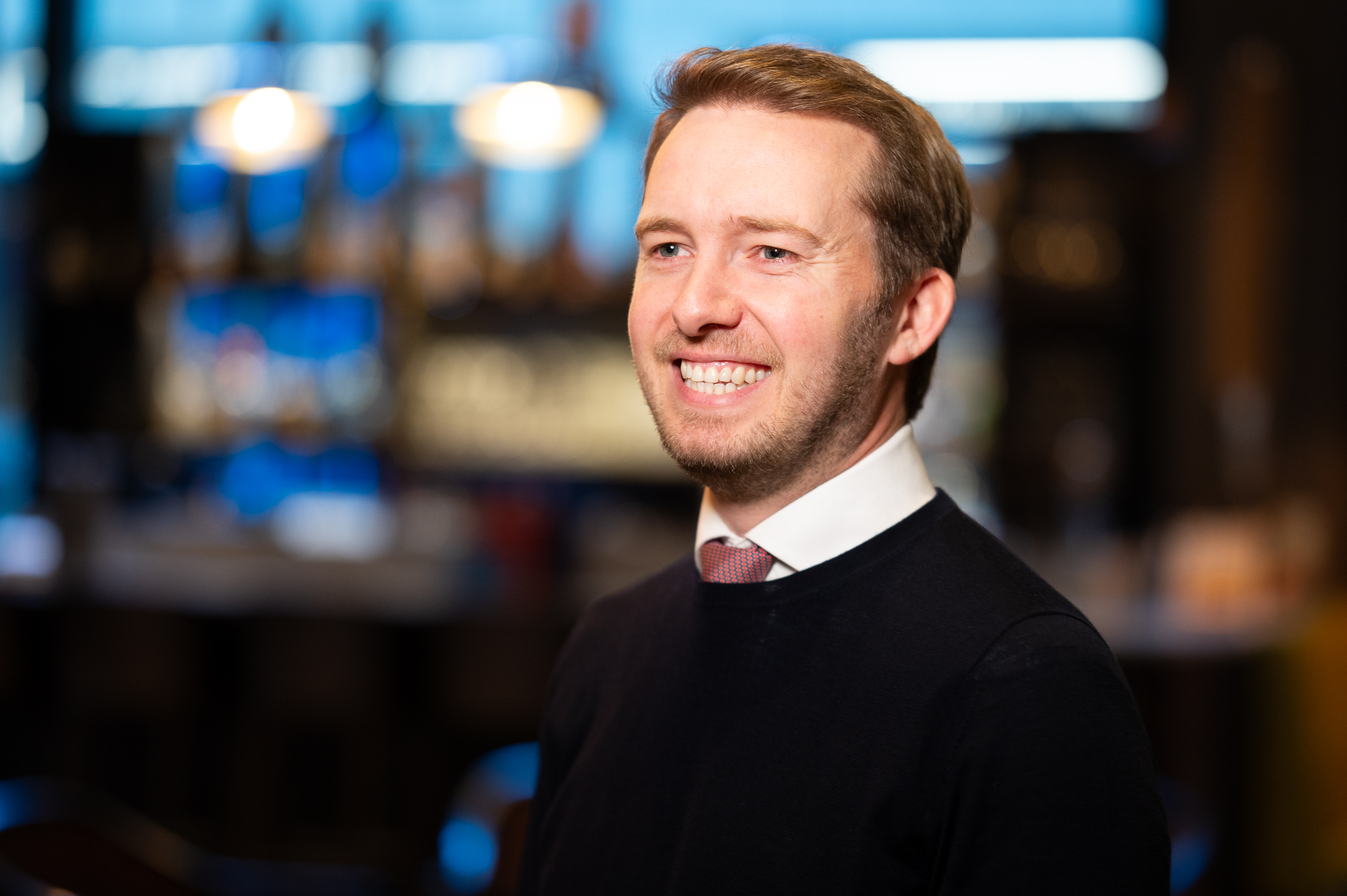The role of a Forensic Accountant in corporate fraud
In the UK, fraud is considered the most common form of criminal activity. Government data shows that fraud accounts for 40% of all crimes in England and Wales. This is despite the National Crime Agency suggesting that most fraud goes unreported, with only an estimated 13% of all cases reported.
Of course, not all fraud is corporate fraud, which is the focus of this article. Nonetheless, research published last year concluded that corporate fraud is “like an iceberg, with significant undetected fraud beneath the surface“. The researchers calculated that corporate fraud destroys 1.6% of equity value yearly – equivalent to billions of pounds in total.
Clearly, it is a critical time for businesses and organisations in the UK. Tougher economic conditions, like the ones we’ve experienced in the past couple of years, can lead to increased rates of fraud.
So, what can be done? Firstly, investigate any possible cases of corporate fraud. Second, set up systems to prevent fraud in the future. And that’s where an experienced Forensic Accountant comes in.
What is corporate fraud?
Corporate fraud refers to illegal activities undertaken by an individual or a company to deceive stakeholders, resulting in financial gain for the perpetrators. It encompasses a wide range of dishonest practices, including but not limited to:
- Falsifying financial information
- Embezzlement
- Insider trading
- Bribery
- Tax evasion
In the UK, corporate fraud is governed by various laws and regulations, including the Fraud Act 2006 and the Bribery Act 2010. Regulatory bodies such as the Financial Conduct Authority (FCA) and the Serious Fraud Office (SFO) play crucial roles in detecting, investigating, and prosecuting instances of corporate fraud. In response to the growing pervasiveness of fraud, the UK government introduced new corporate transparency requirements, along with a new failure to prevent fraud offence.
What is forensic accounting?
Forensic accounting is crucial in uncovering financial deception and safeguarding businesses. It combines accounting knowledge with investigative skills.
By performing detailed reviews of financial records and unpicking complex transactions, a forensic investigation can identify fraudulent activities on behalf of shareholders, prosecutors, and others.
Although the principle aims and responsibilities remain the same, the role of forensic accounting has evolved rapidly in the face of new technologies – and the increasing complexity of digital transactions.
Data analytics and AI are now critical in the investigation process. These technologies can spot trends and red flags in large sets of financial data, helping detect fraud earlier. It is also easier to present this data clearly in court, proving strong evidence in legal cases.
Meanwhile, the adoption of blockchain technologies can make it much harder to hide illegal activities like embezzlement and money laundering – with every transaction recorded on a ledger.
In addition, the focus is shifting from just investigating crimes to helping companies set up systems that stop fraud before it happens. This includes advising on internal controls, compliance measures, and corporate governance.
The role of forensic accounting in corporate fraud
Investigating corporate fraud
A Forensic Accountant will follow a thorough, systematic process in corporate fraud investigations.
Usually, this starts with a preliminary assessment to understand the scope of suspected fraud, followed by detailed planning to develop hypotheses about how the fraud occurred and who might be involved.
Then, all relevant financial records and documents are collected and preserved, ensuring evidence remains uncontaminated.
Next, there is a meticulous analysis of financial statements, bank records, emails, and other pertinent documents, often using advanced data analytics to identify patterns and anomalies. Interviews with employees, management, and other parties are conducted to gather additional insights and corroborate findings.
Upon completing the investigation, the Forensic Accountant compiles a detailed report outlining the findings, including evidence of fraudulent activities and the financial impact on the organisation.
If there is legal action, they may provide expert testimony and assist with legal document preparation, working closely with prosecutors.
Preventing corporate fraud
Preventing fraud starts with good oversight. Forensic Accountants are key players in setting up effective corporate governance practices and can carry out due diligence to uncover weaknesses in internal controls.
Their work on reviewing a business, as part of an investigation, puts them in a position to suggest changes that will strengthen internal processes and prevent future fraud, such as implementing new policies and providing employee training.
Furthermore, conducting regular audits and risk assessments can catch fraud early, saving businesses from larger losses.
Protecting your business
Even without an accountant on hand, there are actions your business can take to reduce the likelihood of fraud:
- Develop a comprehensive fraud policy: Create a clear policy outlining the types of fraud, reporting mechanisms, and consequences. Ensure all employees are aware of and understand the policy.
- Implement strong internal controls: Establish internal controls to monitor and verify financial transactions. This includes segregation of duties, regular audits, and reconciliation processes.
- Foster a culture of ethics and transparency: Promote a corporate culture that values honesty, integrity, and transparency. Encourage open communication and provide channels for employees to report suspicious activities without fear of retaliation.
- Provide employee training: Regularly train employees on recognising and reporting fraud. Education on the signs of fraud and the importance of ethical behaviour can help with prevention.
- Perform background checks: Conduct thorough background checks on potential employees, especially those in positions handling finances.
This does not negate the need for a professional. A Forensic Accountant can be indispensable when fraud is suspected and independent reviews of internal controls should be performed regularly, regardless of the size of your business (in fact, smaller businesses are hit more often than larger businesses).
To protect your organisation, contact our team today. With years of experience in detecting corporate fraud, reporting to shareholders, and acting as expert witnesses in court cases, we are ready to provide the support needed to uncover and prevent fraudulent activities, ensuring your business remains secure.

Let’s get started
Contact page
Contact Us




